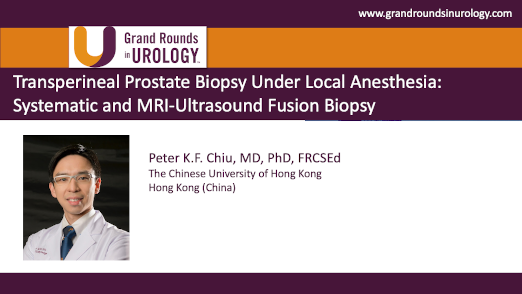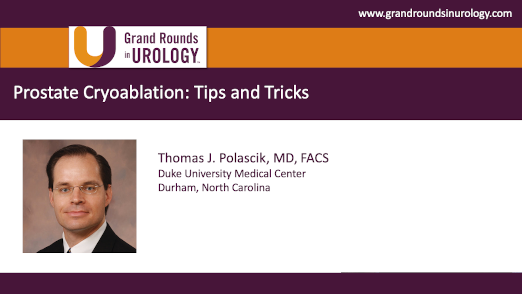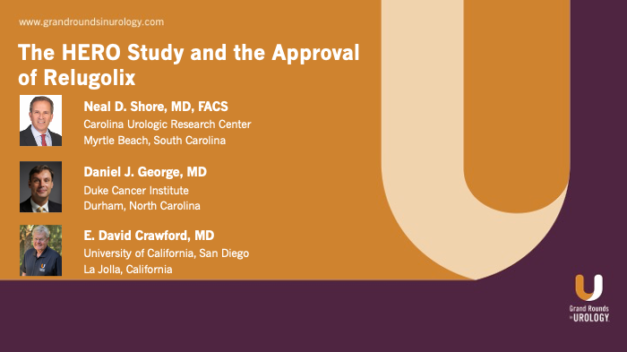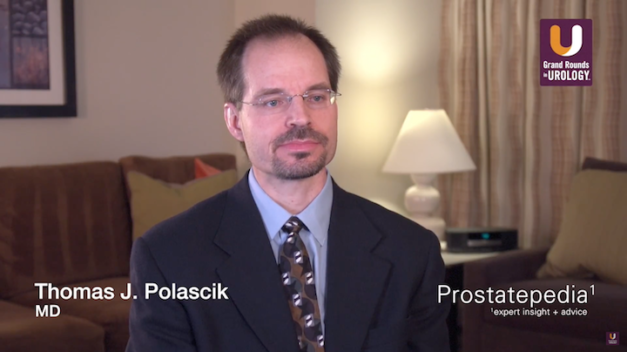Transperineal Prostate Biopsy Under Local Anesthesia: Systematic and MRI-Ultrasound Fusion Biopsy
Peter K.F. Chiu, MD, PhD, FRCSEd, Honorary Clinical Assistant Professor and Associate Consultant in the Division of Urology in the Department of Surgery at the Prince of Wales Hospital, Chinese University of Hong Kong, discusses the rationale and procedure for conducting transperineal prostate biopsies. He highlights how the decreased occurrence of sepsis makes transperineal biopsy a better choice than transrectal, in addition to a higher chance of obtaining cores and a reduced chance of deformation from the TRUS probe. Dr. Chiu also details the administration of local anesthesia, and illustrates successful procedures for both systematic and MRI-ultrasound fusion approaches to obtaining prostate biopsy cores.
Read More




